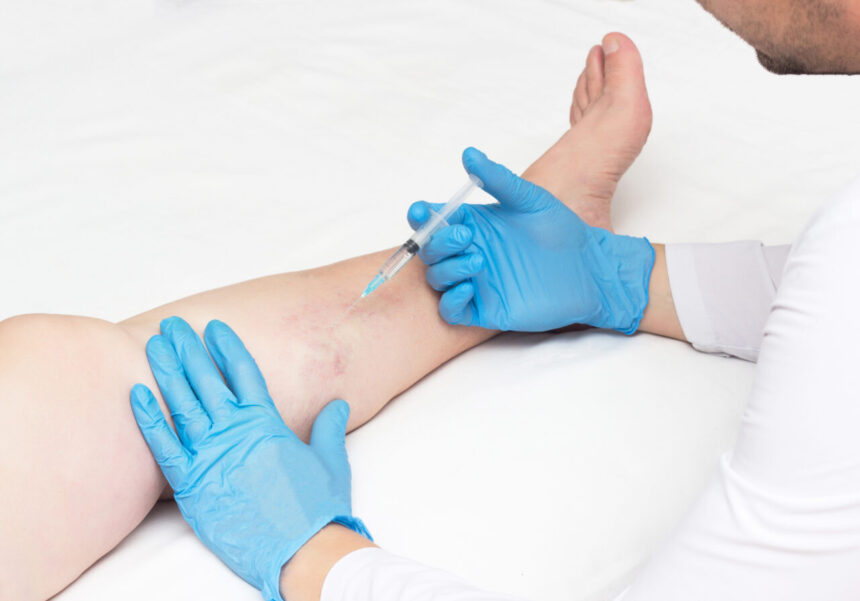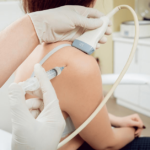A vein clinic consultation is the first step toward diagnosing and treating conditions like varicose veins and chronic venous insufficiency. These specialized clinics offer targeted expertise and minimally invasive solutions to improve appearance and vascular health. Knowing what to expect during your initial visit can help you prepare, ask the right questions, and take control of your vein care journey.
When To Visit a Vein Clinic
Visible varicose veins or spider veins often prompt people to seek professional evaluation at a vein clinic. Vein problems also cause symptoms that aren’t immediately visible to the eye. Pain, aching, or heaviness in the legs frequently signals underlying vein issues. These symptoms worsen after long periods of standing or sitting. Swelling in the legs or ankles, especially at the end of the day, also suggests potential vein problems. Some people experience restless legs, cramping, or a burning sensation in their lower extremities.
Changes in the skin around the ankles or lower legs warrant professional attention. These changes may include darkening, thickening, or the development of open sores. If you notice that your legs feel tired more quickly than usual or if compression stockings provide relief from your symptoms, a vein care clinic evaluation can be helpful.
What To Expect During the Initial Evaluation
Your first visit to a vein treatment center begins with a comprehensive discussion of your medical history. The healthcare provider will ask about your symptoms, including when they started and what makes them better or worse. They’ll inquire about your family history of vein problems, previous surgeries, medications, and lifestyle factors.
The physical examination involves inspecting your legs while you’re standing. This position enables the provider to observe how blood pools in your veins and identify any visible vein issues. They’ll look for varicose veins, spider veins, swelling, and skin changes. The provider will also feel your legs to check for areas of tenderness or irregularities.
Many vein clinics use ultrasound imaging during the initial consultation. This painless test shows how blood flows through your veins and identifies areas where blood flows backward due to faulty valves. The ultrasound helps determine the extent of your vein problems and guides treatment planning.
Personalized Treatment Recommendations
After completing the evaluation, your provider will discuss their findings and recommend appropriate treatment options. Treatment recommendations depend on the severity of your condition, your symptoms, and your overall health. For minor spider veins, sclerotherapy may be a sufficient treatment. This treatment involves injecting a solution directly into the problem veins.
More significant varicose veins may require procedures like endovenous laser therapy or radiofrequency ablation. These minimally invasive treatments close off problem veins, redirecting blood flow to healthier vessels. Your provider will explain each recommended treatment, including what the procedure involves, expected results, and potential risks. They’ll also discuss timeline expectations and any lifestyle modifications that may help your condition. Make sure to ask questions about anything you don’t understand during this discussion.
Visit a Vein Clinic Near You
A vein clinic consultation provides the foundation for effective treatment of your vein problems. The thorough evaluation process helps identify the underlying causes of your symptoms and develop a personalized treatment plan. Visit a vein clinic near you and schedule a consultation with a qualified vein specialist to explore your treatment options.





